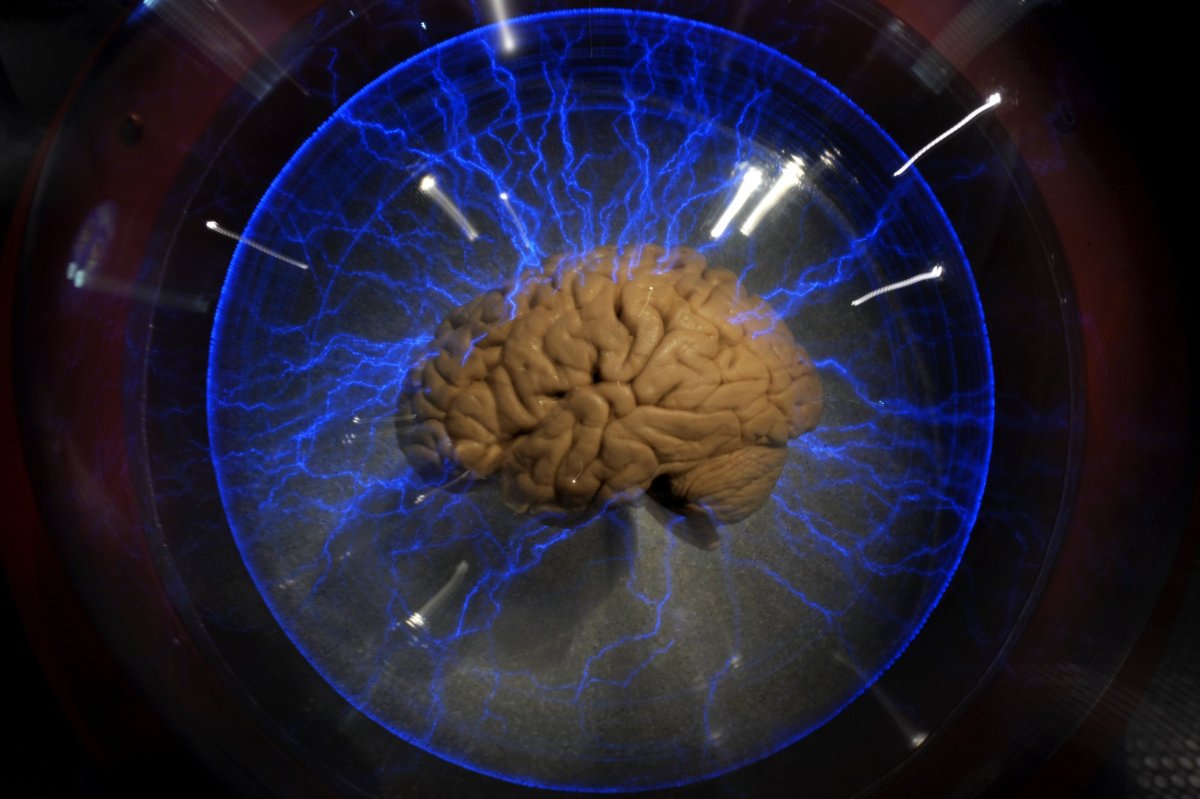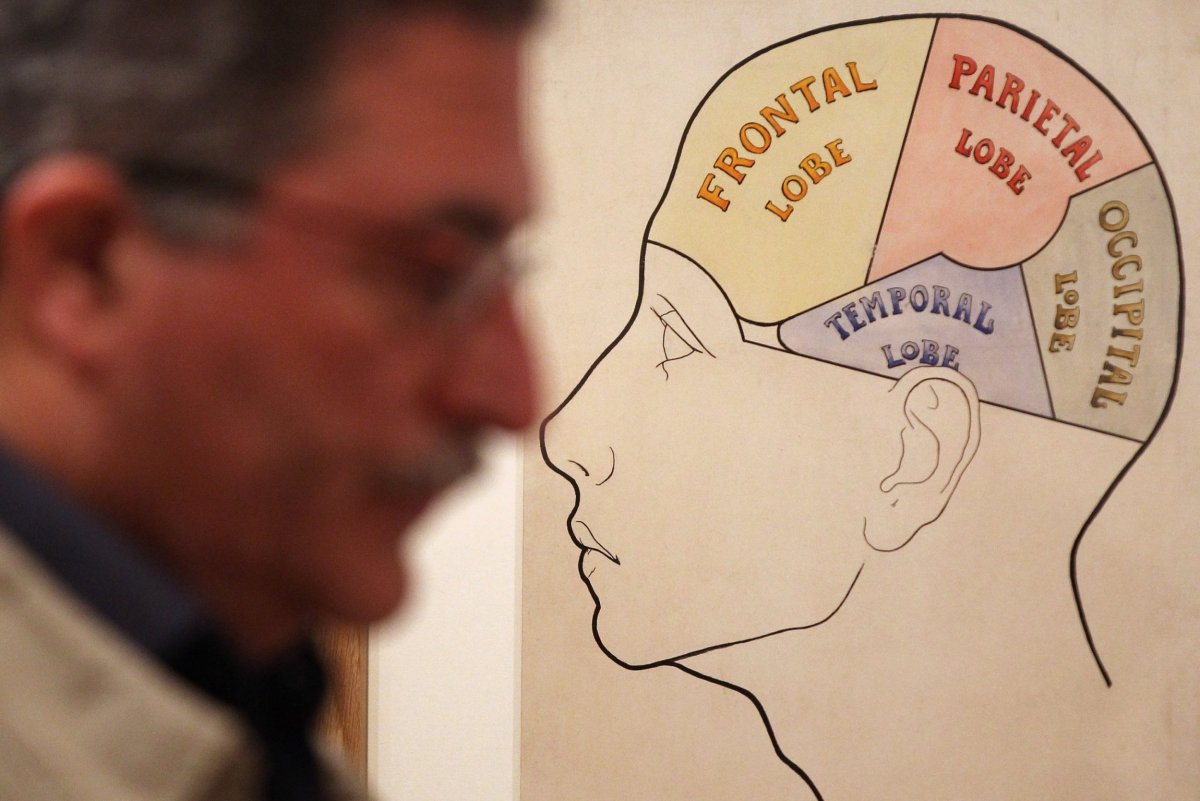When we are unconscious, our brains experience a communication breakdown. Whether you're sleeping, under anesthesia or in a coma, unconsciousness is rooted in how different areas of the brain become unable to communicate with one another. This state of unconsciousness has been further explored by researchers from the University of Michigan in three recent studies.
The researchers' work was based on a theory that Dr. George Mashour, director of the university's Center for Consciousness Science, developed while in residency back in 2004. The theory, known as "cognitive unbinding," suggests that anesthesia doesn't turn the brain off but cuts off the communication between its different areas. That breakdown in communication results in what we know and experience as unconsciousness.

Mashour likened the communication breakdown to a symphony orchestra warming up at the beginning of a performance. Various groups of musicians are practicing their respective part, but as a whole, the music lacks cohesion and organization without a conductor. In the brain, different regions or areas of the brain aren't acting as a unit when people are unconscious.
"In order to have a unified, seamless experience that we enjoy, there needs to be a coordination and an integration of those different players," Mashour told Newsweek. That coordination is like the orchestra coming together, creating, as he puts it, the "music of consciousness."
His theory of "cognitive unbinding" was exemplified in three recent studies. One study analyzed the brain during sedation, surgical anesthesia and a vegetative state, and a second investigated how to measure the way the brain takes in information. The third, which Mashour co-authored with Anthony Hudetz, scientific director of the Center for Consciousness Science, created a more complete picture of their work.

Their measurements confirmed the communication breakdown in the brain that Mashour described over a decade ago. The research showed that, in the early stages of anesthesia, when a person is slipping into unconsciousness, each region of the brain communicates within its own boundaries more readily.
But that changes when a person slips deeper into unconsciousness. In that state, that more confined type of communication also falls apart.
"What we see in deeper anesthesia and with pathologic states of unconsciousness is that [the] local conversation breaks down as well," said Mashour. This "pervasive fragmentation of brain function," he noted, is the result of unconsciousness.
This communication breakdown could provide physicians a way to measure consciousness. That matters for patients under anesthesia, who can sometimes remain conscious even though they don't appear to be. The ability to measure consciousness could provide a way to determine whether a patient is in this state of "operative awareness."
Mashour also envisions applying this new understanding to patients in comas. He theorizes that reconnecting the brain's communication patterns could help restore consciousness. "That would be the ultimate translation of this kind of work," he said.
Uncommon Knowledge
Newsweek is committed to challenging conventional wisdom and finding connections in the search for common ground.
Newsweek is committed to challenging conventional wisdom and finding connections in the search for common ground.
About the writer
Sydney Pereira is a science writer, focusing on the environment and climate. You can reach her at s.pereira@newsweekgroup.com.
To read how Newsweek uses AI as a newsroom tool, Click here.








